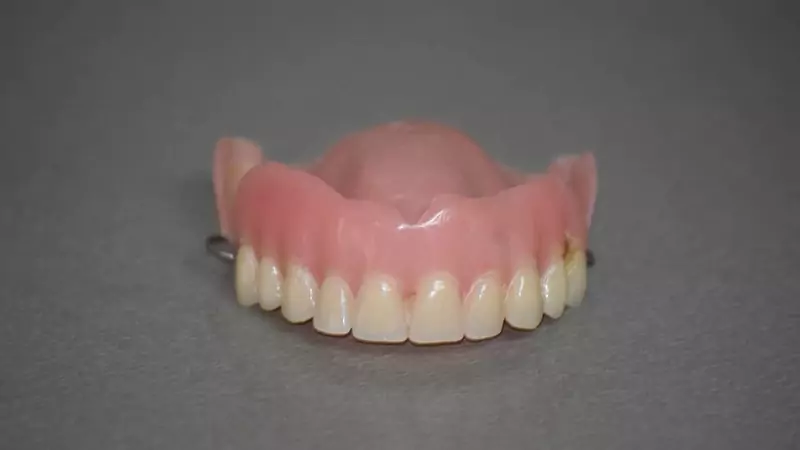Dentures and Bad Breath
Although food-borne protein residues can remain permanently on the back of the tongue, they cannot remain on the dentures for long. In other words, the residence time of the proteins that adhere to the denture during feeding is limited. For this reason, it is difficult for bacteria to form bad-smelling gases that will cause bad breath by meeting with proteins on regularly cleaned dentures.
Denture Breath
Proteins usually settle on the back of the tongue. Because that’s where they stay permanently due to the indentation of that area. However, rather than food residues, bacteria settle on dental prostheses. Therefore, dental prostheses are a holding surface for bacteria and a dirty dental prosthesis is a suitable environment for bacteria to reside.
Those who use dental prostheses should remove these prostheses from the mouth while they are sleeping at night. They should clean them regularly like the mouth. Then patients should leave in water or denture cleanser (eg, ADA approved; Efferdent Denture Cleanser series (Overnight Whitening and Complete Clean), Fresh ‘N Brite Denture Cleaning Paste, or Dr. B Dental Solutions Cleanadent Cleansing Wipes) until the next use. If they do so, dentures will not cause bad breath.
Smelling Crown and Caps
In particular, the lower part of the dental bridge and dental veneer bodies can cause bad breath. These places are one of the most suitable places for bacteria to grow. Accordingly, the lower part of dental bridge bodies and dental crowns should be open, not closed.
Non-Slippery Surface
If a patient with a dental prosthesis, bridge, or coating has bad breath, it will be very useful to polish their surfaces and lubricate them. Because bacteria can hardly hold onto slippery surfaces.
References
American Dental Association: “Bad Breath”
Mayo Clinic: “Denture care: How do I clean dentures?”
Oral Health Foundation: “Denture care guidelines”

